After a long drive across the desert or a late night in Las Vegas, the thought of sleeping in your car might seem like a practical and responsible choice. But while your intentions may be good, the legal reality in Nevada is more complicated than you might think. While no specific state law forbids sleeping in your vehicle, doing so can put you at risk of a serious criminal charge: Driving Under the Influence (DUI).
This guide explains Nevada’s laws, the critical concept of “actual physical control,” and how you can rest in your car without facing legal trouble.
The Legal Paradox: Not Illegal, But Risky
In Nevada, there is no statute that makes it a crime to sleep in your car. Law enforcement officers are unlikely to bother you if you are simply resting. However, their primary duty is to ensure public safety, which includes performing wellness checks on people they see asleep in vehicles.
This is where the situation becomes precarious. If an officer approaches your car and suspects you are impaired by alcohol or drugs, the wellness check can quickly turn into a DUI investigation. Even if the car is turned off and you are fast asleep, you could be arrested.
The DUI Trap: Understanding “Actual Physical Control”
The greatest legal danger when sleeping in your car while intoxicated is being charged with a DUI. Nevada law does not require you to be actively driving to be found guilty. Instead, a prosecutor only needs to prove that you were in “actual physical control” of the vehicle while impaired.
The Nevada Supreme Court defines “actual physical control” as having the present ability to operate the vehicle. This means you could be convicted of DUI even if you had no intention of driving. Factors that courts consider include:
-
Your location in the car: Sitting in the driver’s seat is a major red flag.
-
The location of the keys: If the keys are in the ignition, even if the engine is off, it suggests you could start the car at any moment.
-
The engine’s status: Running the engine for heat or air conditioning is strong evidence of control.
-
The vehicle’s location: Being parked on the shoulder of a highway or in an unusual spot may suggest you stopped there because you were too impaired to continue.
Essentially, if you are in a position to start the car and drive away, you are likely in actual physical control.
How to Safely Rest in Your Vehicle
If you must sleep in your car, taking specific precautions can significantly reduce your risk of a DUI charge. The goal is to make it clear to any observing officer that you have no ability or intention to drive.
-
Move out of the driver’s seat. The safest place to sleep is the backseat or the passenger seat.
-
Place the keys far from the ignition. Put them in the glove compartment, the trunk, or on the floor in the back. Do not leave them in the ignition or your pocket.
-
Ensure the engine is off. Do not run the car for climate control. This is one of the most common mistakes people make that leads to a DUI arrest.
-
Park in a designated safe area. Choose a location where overnight parking is permitted and you are not drawing attention to yourself.
Where to Park and Where to Avoid
Choosing the right location is just as important as your actions inside the car.
Recommended Parking Locations
-
Designated Rest Areas: Nevada’s highway rest stops are designed for travelers to rest and are generally safe for sleeping in your car.
-
Campgrounds: Many state and private campgrounds allow car camping for a fee.
-
Private Property: You can park on private property, such as a friend’s driveway or a business parking lot, but only after getting explicit permission from the owner.
Locations to Avoid
-
Residential Streets: Locals may become suspicious and report your vehicle to the police.
-
Casino Parking Garages: Most casinos have strict policies against overnight parking and employ active security patrols.
-
The Side of a Highway: This is not only dangerous but also highly suspicious to law enforcement.
-
Areas with “No Parking” Signs: Always check for posted signs that restrict overnight parking.
Consequences of a DUI Conviction
A DUI charge in Nevada, even one that occurs while you are asleep, is a serious offense with significant penalties. A conviction can result in:
-
Jail time
-
Substantial fines and court fees
-
Suspension of your driver’s license
-
Mandatory attendance at DUI school
-
A permanent criminal record
Safer Alternatives to Sleeping in Your Car
While following the tips above can lower your risk, the only guaranteed way to avoid a DUI is to not be in your car at all if you are intoxicated. The safest choices are always:
-
Calling a sober friend or family member for a ride.
-
Using a rideshare service like Uber or Lyft.
-
Booking an inexpensive motel room for the night.
While these options cost time or money, they are far less expensive than the financial and personal costs of a DUI conviction. Sleeping in your car should be a last resort, not a plan.
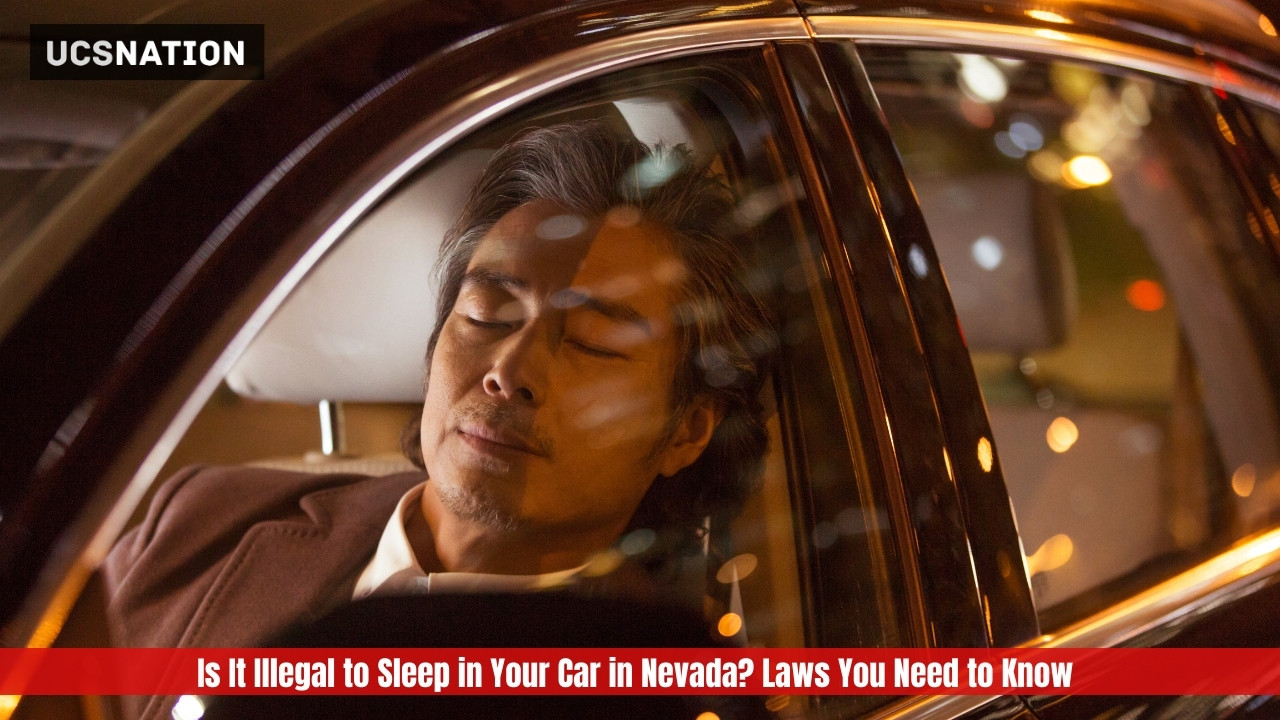
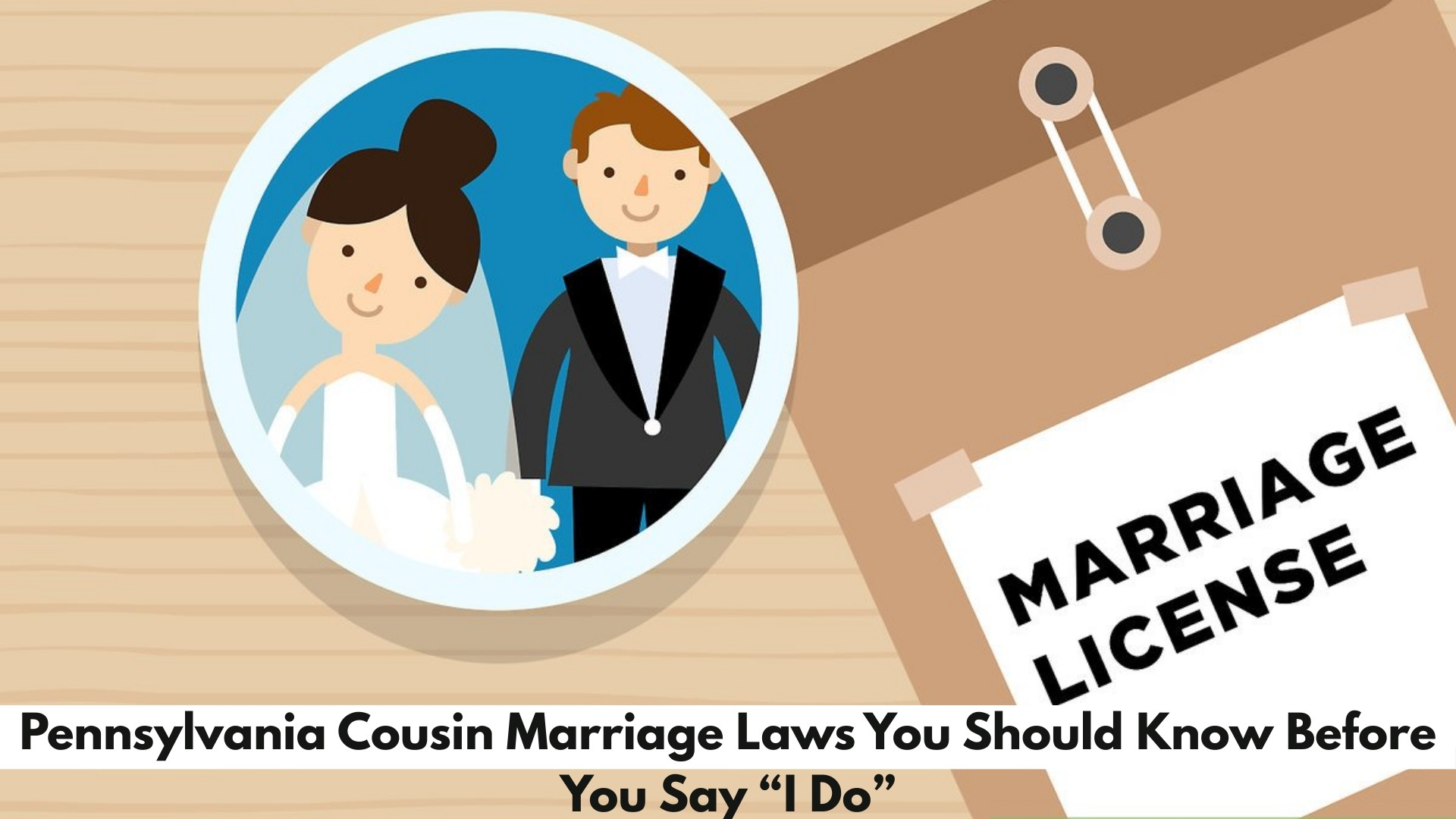




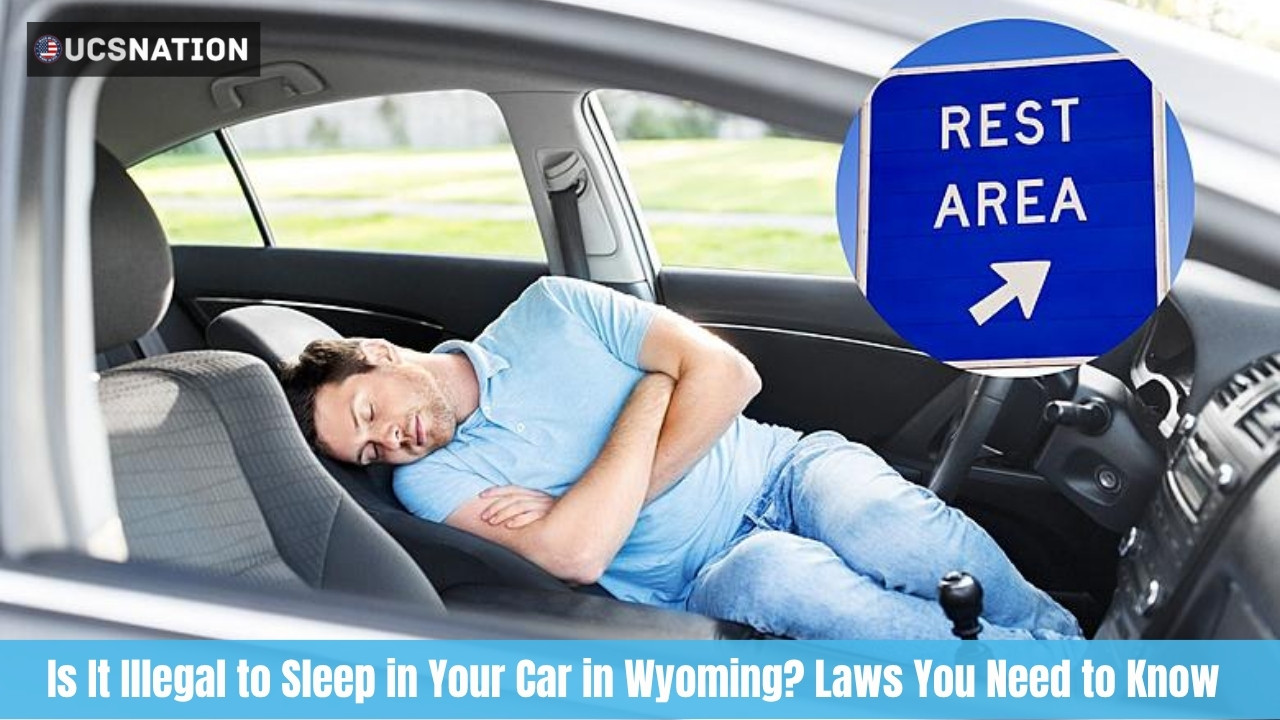
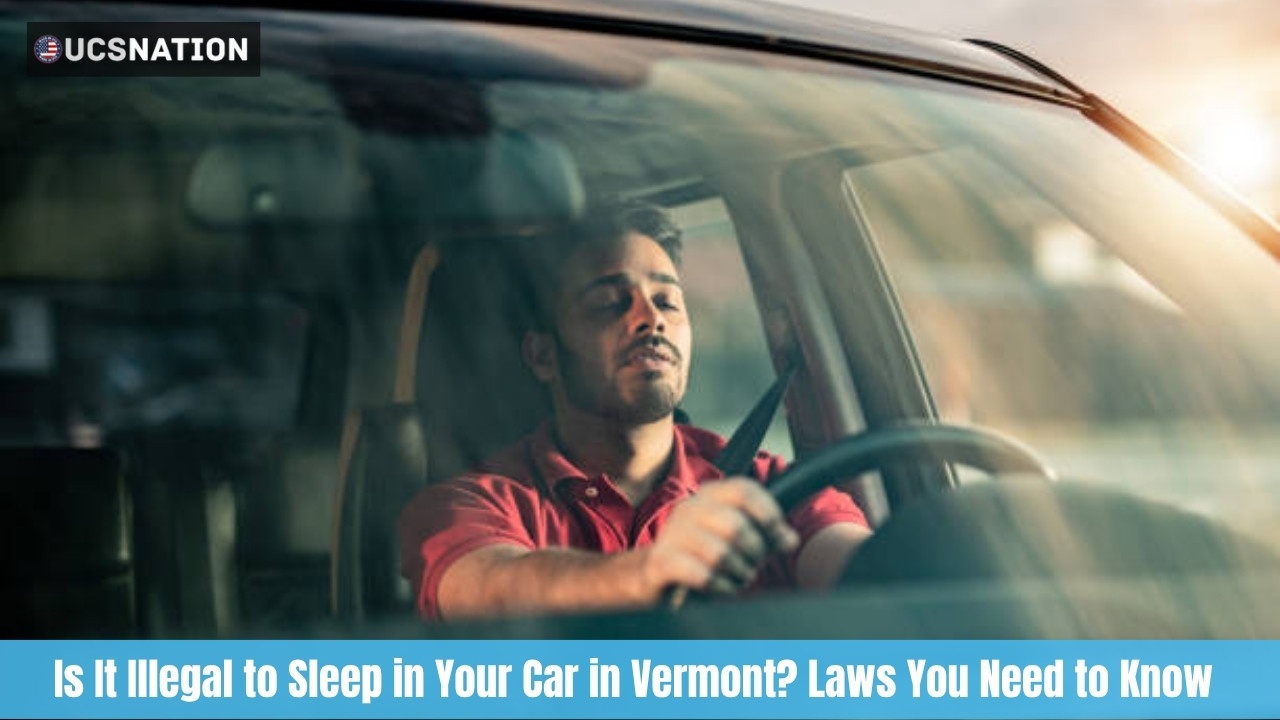
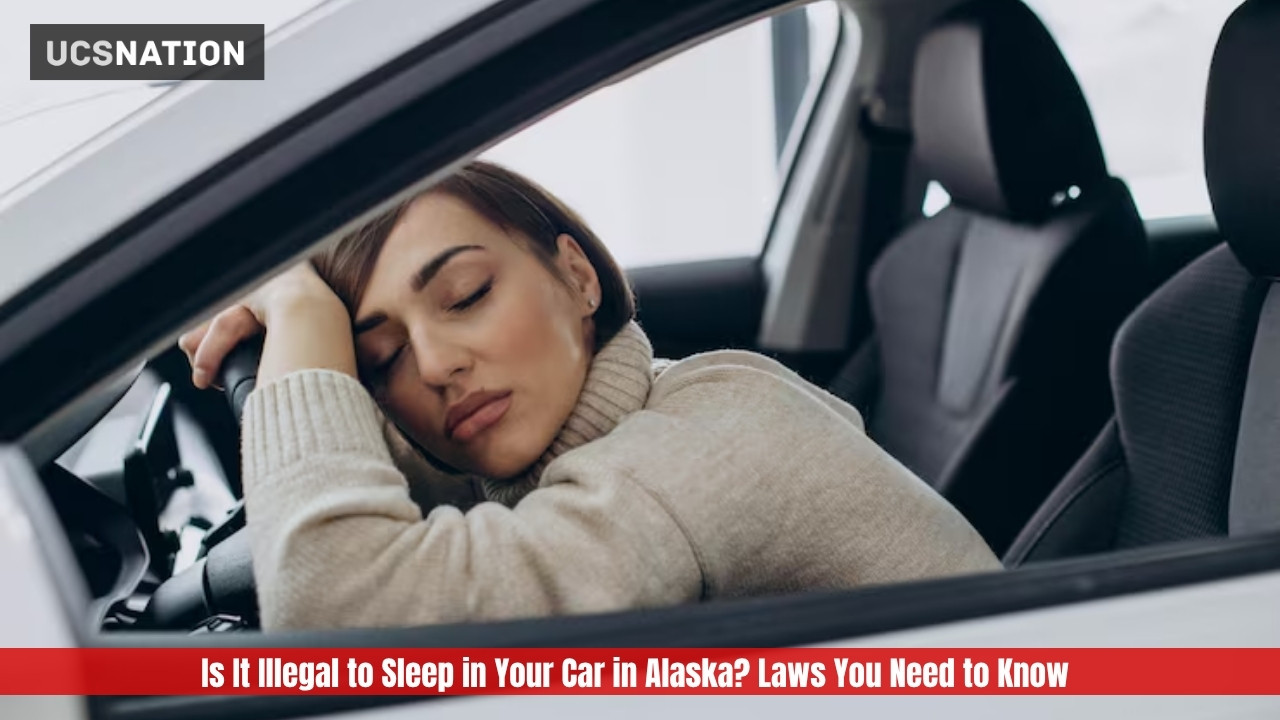
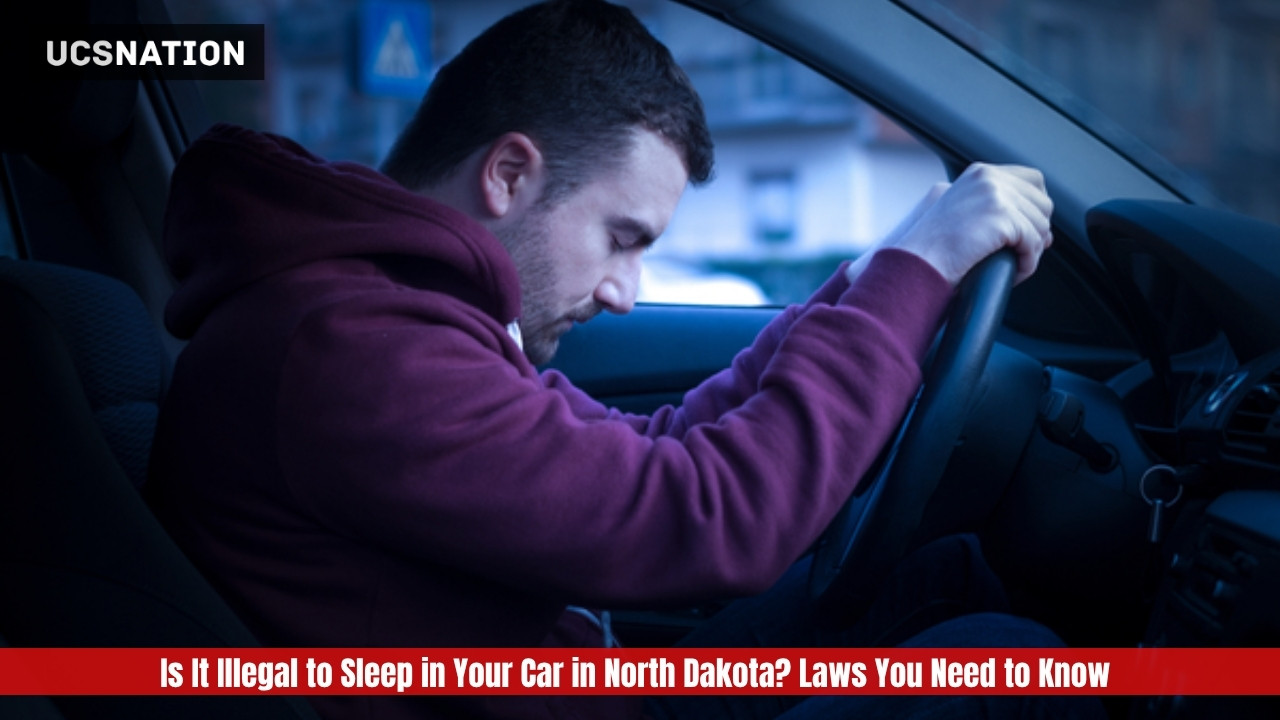
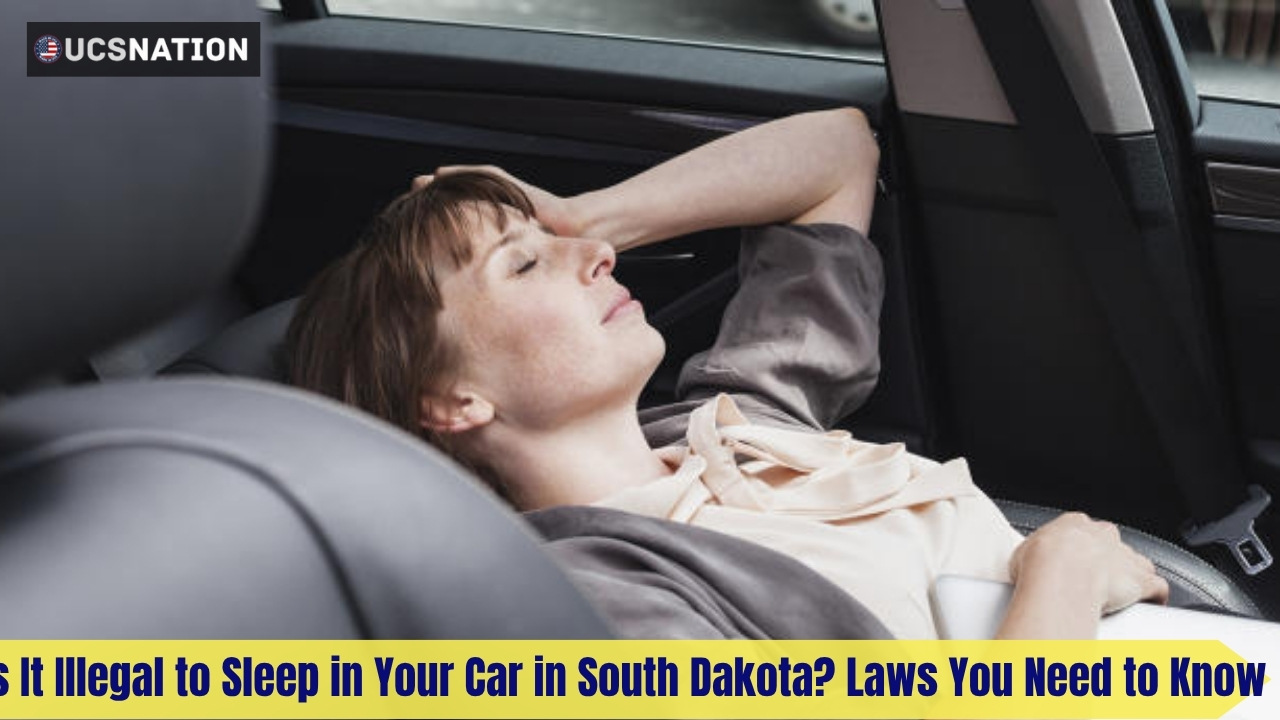




Leave a Reply